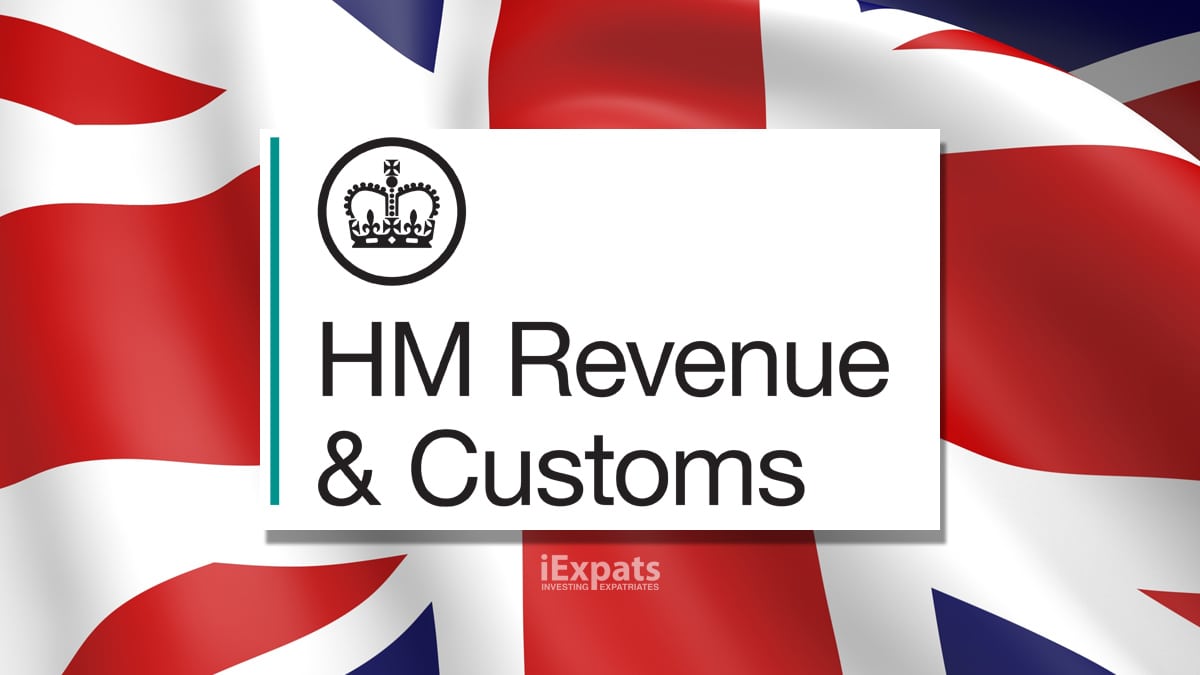HMRC is short for Her Majesty’s Revenue and Customs. The HMRC collects the taxes and customs duties that the British government spends on public services.
Formed in 2005, HMRC replaced two separate bodies – the Inland Revenue and Customs & Excise.
HMRC administers but does not make tax policy. Deciding economic strategy is the job of the Chancellor of the Exchequer and his Treasury team.
HMRC collects both direct and indirect taxes, including income tax, capital gains tax, corporation tax and VAT.
Table of contents
HMRC History
The merger of the Inland Revenue and Customs & Excise was the brainchild of Labour Prime Minister Gordon Brown when he served as Chancellor of the Exchequer in 2004.
As an organisation HMRC has a much more deep-rooted past that is traceable to the 1665 Board of Taxes.
Charles II needed to raise money so proposed taxing the wealthy.
The Board of Taxes managed to collect what was due from taxes on windows, houses, carriages, horses, and male servants.
Over the years these taxes developed into something like the income tax the UK has today.
The government introduced income tax as a temporary measure in 1797 to raise money to fight wars in the Americas and Europe. In 1842, this temporary income tax became more permanent even though Parliament renews the measure each year.
At the same time, the government also raised money from duties on goods, including playing cards, newspapers, hats, hair powder, perfume, and coats of arms.
The Board of Stamps was formed to supervise collecting the duties.
The two eventually became The Board of the Inland Revenue and The Board of Customs and Excise until they combined in 2005.
Making Tax Digital
Making Tax Digital is a wide-ranging program to move HMRC’s services online for taxpayers to administer through their accounts and dashboards.
The aim is to improve cash flow for the government by making tax collection more efficient.
Around 11 million taxpayers file personal tax returns online by January 31 each year.
The Making Tax Digital project aims to link huge piles of data collected by HMRC with taxpayers to pre-complete online forms.
The project also aims to reduce HMRC’s 40,000 staff and massive estate of offices around the country to save money.
Opening a personal tax account
A personal tax account is for updating and editing your personal and financial details.
A self-assessment account is needed to file a tax return.
Tax Guidance v Tax Advice
HMRC is vilified regularly over failing to give people tax advice.
Although tens of thousands of pages of official guidance are published online, these do not have the force of law and are often ruled as misleading or wrong by the courts. The guidance is no more than the opinion of HMRC.
Anyone calling HMRC asking for advice on claiming tax allowances or reliefs receives unhelpful advice to consult a professional or to read the online guidance.
Yet, taxpayers are fined for making minor mistakes when filing a return or investigated for tax avoidance or fraud for serious errors.
HMRC’s manuals of guidance are online, but beware they are regularly updated.
An important update for expats is the QROPS list that is updated twice month. The list outlines which Qualifying Recognised Overseas Pension Scheme qualify for QROPS status.
Impact Of CONNECT Software
CONNECT is a software tool developed by HMRC with British Aerospace. The software collects and analyses huge amounts of personal and financial data from hundreds of sources.
The system then analyses the data to identify the income and assets of individual taxpayers.
This data is then cross-checked against tax returns. If anomalies are found, HMRC launches a tax inquiry.
HMRC FAQ
Most people have contact with HMRC at some time, but few know much about the organisation. To help, here are some answers to common questions about HMRC:
HMRC is short for Her Majesty’s Revenue and Customs.
HMRC in its current form was established in 2005 by then Chancellor Gordon Brown, but the separate Inland Revenue and Customs and Excise boards date back to 1665 and the reign of King Charles II.
HMRC collects around £600 billion a year in taxes and £50 billion in duties for HM Treasury
HMRC has a chief executive who is also the top-ranking civil servant for the agency. HMRC also has a non-executive chairman for board meetings and several non-executive board members. The current CEO is Jim Harra, who took over the role in 2019.
King Charles II needed money to run the government despite a £1.2 million a year grant from Parliament. To bolster his finances, the king collected a range of taxes collected by The Board of Income Tax.
No. HMRC staff will offer guidance and signpost technical manuals available online but will not tell anyone what they can claim or should not claim as a tax relief or allowance
This depends on your status as an expat. If you are tax resident outside the UK, you only have a responsibility to report your UK income to HMRC, such as interest, investment income or buy to let or holiday rents.
Related Information
Below is a list of related articles you may find of interest.
